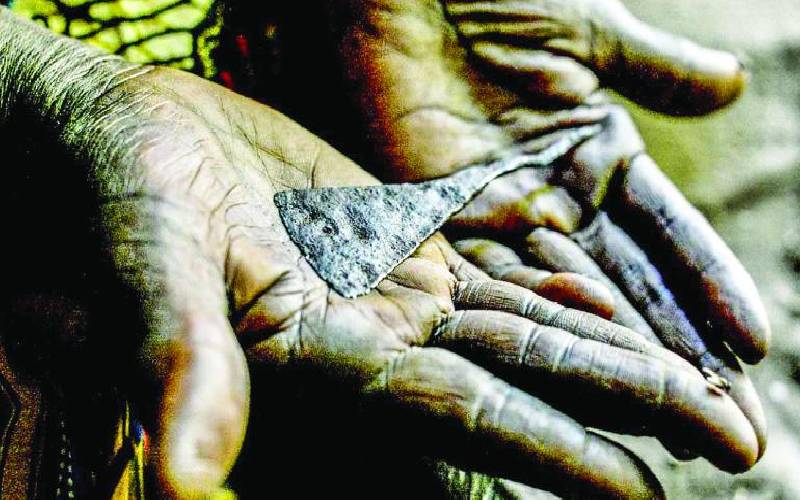×
The Standard e-Paper
Stay Informed, Even Offline

When outspoken cleric, Reverend Timothy Njoya, said ‘a woman’s clitoris should be where God put it’, he made it clear that female genital mutilation is an outdated practice that belongs in the dustbin of history.